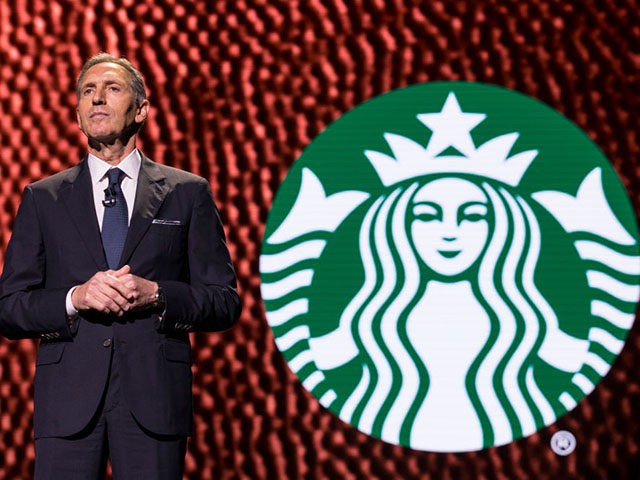Starbucks rolled out a new policy this weekend that treats every person that walks in the door as a customer and offers unlimited restroom access.
Starbucks new policy is everyone will be “considered a customer,” and purchases are not required to use tables, chairs or restrooms. The move is designed to remove damage control from a media firestorm after a YouTube posting of a Philadelphia Starbucks manager calling 911 to have police arrest two black men waiting for a friend without ordering, according to UPI.
The ensuing protest fueled protest across Philadelphia forced the Police Commissioner to apologize for over-reacting. Starbucks CEO Kevin Johnson referred to the arrests as reprehensible, negotiated a settlement, and promised new employee training standards.
The Wall Street Journal reported on May 19 that the official policy at 8,000 Starbucks cafés will be that “any person who enters our spaces, including patios, cafes, and restrooms, regardless of whether they make a purchase, is considered a customer,” and will be welcome to stay as long as they like.
The company has already removed paying-customers-only signs on restroom doors and will shut down in the afternoon of May 29 to train all 238,000 baristas and managers on the implementation strategy to avoid future issues associated with potential racial bias.
But many people in the hospitality industry worry that Starbucks may set a bad precedent. The Civil Rights Act of 1964 only prohibits restaurants from refusing service to patrons on the basis of race, color, religion, or national origin.
The law was specifically crafted, and the courts have ruled that restaurants are private property, so non-customers have no access rights and there are legitimate reasons for a restaurant to refuse individuals service or access to restrooms.
Most states have laws that prohibit anyone from intentionally interfering with a business by obstructing or intimidating employees or customers and “refusing to leave after being asked to do so by the owner or manager.” Interference is a broad category that includes the public health right to refuse service for poor customer hygiene, including being overly dirty or having extreme body odor. California law makes violators of interference subject to 90 days in county jail and a fine of up to $400.
The Wall Street Journal reported Starbucks Chairman Howard Schultz told attendees at Atlantic Council’s meeting in Washington, D.C. on global corporate responsibility, “We don’t want to become a public bathroom but we’re going to make the right decision 100% of the time and give people the key.”

COMMENTS
Please let us know if you're having issues with commenting.